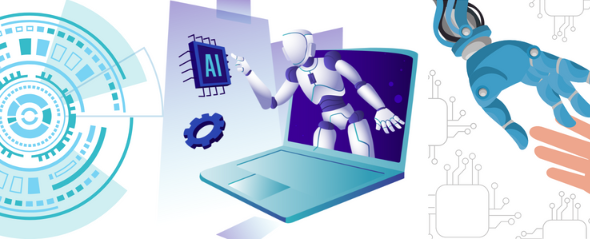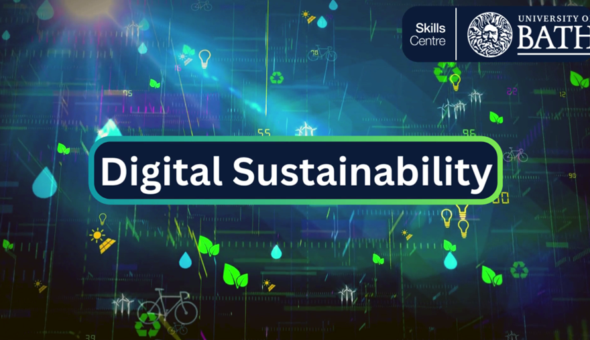Are you the sort of person who feels stressed by physical clutter in your life? In the same way, digital clutter can have a negative impact on our wellbeing. Here are some tips to help you stay in control of your digital spaces.
What is digital clutter?
Digital clutter is the disorganisation of digital files, devices, and accounts. This clutter can take many forms, such as unread emails, unused apps, duplicated or poorly named files, unorganised downloads and photos.
Whilst physical clutter might seem more manageable, because it is tangible - you can choose not to bring new items into your home, get rid of items that you no longer need or simply tidy up - digital clutter can be hard to eliminate entirely.
Digital clutter is stored on our devices and in the cloud, and it can be difficult to track and manage. We may not be aware of it until it starts to cause problems, such as slow internet speed or difficulty finding files. Even if we delete digital clutter, it may still be accessible to others, or it may be stored in backup files.
Why is decluttering important?
The way we organise our physical and digital spaces can have a subconscious impact on our thoughts and emotions. When our workspace is cluttered, it can be difficult to focus and stay organised. For some people, this can lead to stress and anxiety.
However, when our workspace is tidy and organised, it can help us feel calmer, more focused, and productive.
Digital decluttering is also important in helping to reduce our digital carbon footprint.
Digital declutter checklist
Here are some simple habits which should help you feel more in control of your digital spaces:
Computer
- Delete unused programs, apps, and downloads (but be careful what you delete!)
- Check for updates and make sure you install them.
Internet
- Regularly clear your browser cache. This will prevent you from using old forms, protect your personal information and help your applications run better on your computer.
- Organise and streamline your bookmarks. Create folders or categories to organise the bookmarks you want to keep and delete outdated or irrelevant ones.
- Unsubscribe from promotional emails or newsletters. This will make it easier for you to find and manage important emails and reduce the chances of falling victim to phishing and spam.
- Take control of your notifications. Decide how often you want to be notified about new posts, comments, and messages.
Social media
- Unfollow content that doesn't interest or entertain you anymore. This will make for a more meaningful browsing experience and help you to align new interests to your personal growth, learning and development.
- Review and update your social media profiles to make sure that they are up-to-date, reflect your best self and allow you to connect with friends, family and network with others.
Phone
- Delete the apps you don’t use anymore. Put the apps you use most often on the first or second home screen.
- Check your storage data and see if you can delete apps and files that take up too much space.
Files
- Be mindful of file names. Try to use a clear, consistent and meaningful file/folder naming system to make it easier for you to categorise, locate and delete them.
- Make sure you back up your files ideally to the cloud/and or to an external hard drive. Cloud storage will free up space on your computer and make it easy to access your files from anywhere. You can also use files.bath to store your work files on the University servers securely.
Building a declutter routine
You can make digital decluttering easier if you build it into your routine and regularly dedicate some time to it. You could start by selecting a quiet week in your timetable to review and work through the actions on the checklist.
Then set aside some time each month for your decluttering tasks. Review your routine to make future clean-ups quicker and less of a hassle.
Finally, remember to take advantage of automatic features - many programs have settings that will automatically delete old emails or files after a certain period of time.
If you have any other useful digital decluttering tips, please share them in the comments!
Respond


